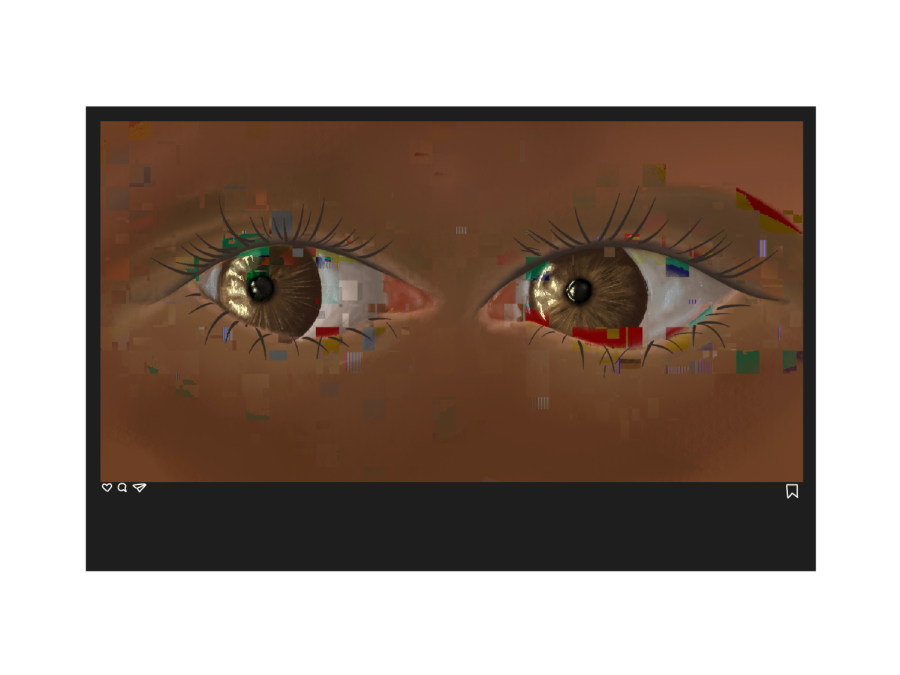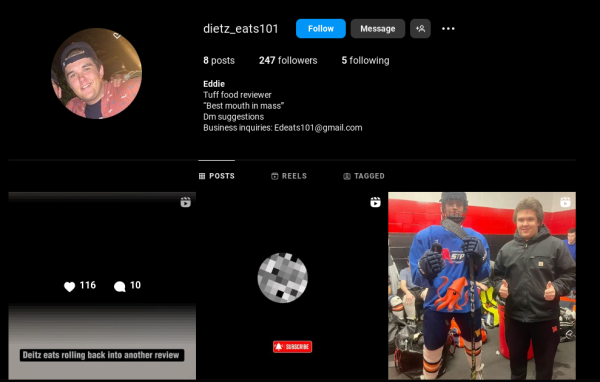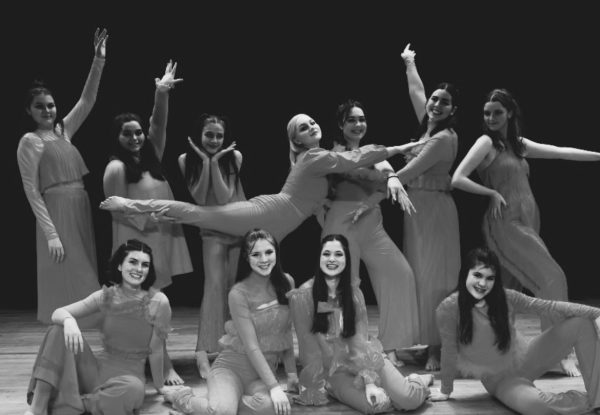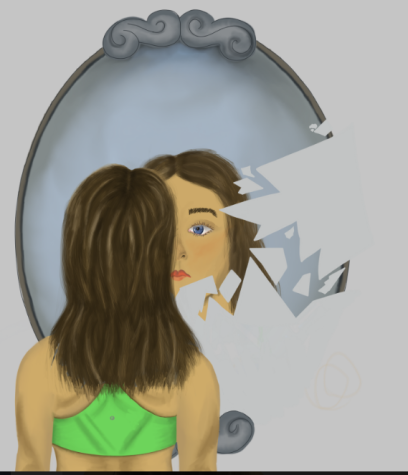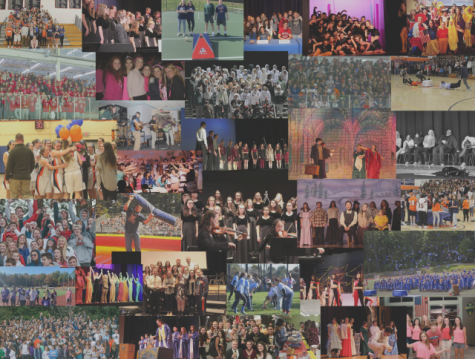All Eyes On You: An Analysis of Online Cancel Culture
Teenagers and young adults hold a heavy internet presence, especially on platforms such as the newly popular TikTok, as well as on Instagram. Social media provides an entertainment outlet for many, and can also provide a way of getting information. However, even though the sites were made to provide entertainment in the first place, it has not diminished the consumption of entertainment in the form of drama. Internet drama, tea, gossip or any other name it goes by is more popular than ever in this age of social media. And while these websites or apps have the potential to influence positivity on the young, often what gets the most views are things that air on the side of controversy.
Within the age of social media, the extent of information available at our fingertips has grown astronomically. With most influencers in this new age of social media being in their late teens/early twenties, internet “tea” is often put on blast for the whole world to comment upon. This has created a movement that is known as “cancel culture,”, where the entirety of the drama consumers go ahead and bash whoever is receiving the short end of the stick that specific day. Cancel culture is meant to act as the provider of the retribution and apology demanded by the public over whatever mistake an influencer has made; however, cancel culture rarely has any sort of effect on truly fixing any sort of problem.
Out of 75 Walpole High School students polled, 89.3% said they have social media accounts; 78.7% claim to have witnessed some form of cancel culture on these media platforms. With much of social media being catered towards the young population, a side effect becomes exposing this audience to the negative side of the internet. Drama has proved to be what brings in viewers, teenagers are exposed to more negativity on the internet. Comment sections begin to be filled with harsh words and even threats as more people jump on the bandwagon of canceling someone.
But the question remains: What true justice does “cancel culture” bring about? The extent of the accountability it provides usually remains in apology videos that feature an influencer crying on camera and stating how sorry they are. The behavior an influencer is apologizing for is addressed, and everything returns back to normal. Influencers continue to hold their platforms post-apology, the only thing accomplished being an influx of negativity on their page. What “cancel culture” fails to address is whether or not an influencer is truly apologetic of their behavior and has actually changed. The internet only shows a fraction of people’s lives which does not consider the true actions of a person. All that “cancel culture” provides is an apology, which is too often mistaken for true accountability.
Not only are teenagers exposed to cancel culture in terms of seeing influencers on social media, but teenagers are also at risk for being exposed themselves. As the internet only shows a fraction of people’s lives, it is easy to misconstrue a person or a situation for something it is not. At Walpole High, 72% of students polled said they feel somewhat comfortable sharing personal information such as relationships and friendships as well as personal drama. The image of a person on the internet can be completely different from their true personality. It is easy to attack a person for a behavior that is manipulated by the instigator of the incident.
By the same token, the expectations that come with social media contribute to the lack of privacy. Teenagers, in particular, feel pressure to constantly gain followers and receive hundreds of likes on their Instagram posts. A common way that users often gain popularity online is by switching the status of the accounts from private to public. In doing this, anybody online has the ability to view their profile. What is a seemingly harmless profile alteration puts people and their personal information in a vulnerable position. At WHS, 44% of students polled said they keep some of their social media accounts private and some public. When creating a social media account, the application often requests the user’s full name, birthday, email, phone number, address and a plethora of other excessive pieces of information. Those who create a public account run the risk of allowing this personal information to fall into dangerous hands. And with getting exposed, the risks of this information getting leaked are even more present. Sharing too much allows for that information to possibly be used against a person.
Social media is a vast environment, with its own growing society and culture. Members of this modern world can gain knowledge, entertainment and even friendships on the internet. Its influence can be felt in all areas of life. With great positive influence, however, also comes the possibilities of negativity. What we are exposed to on social media can be hurtful or harmful to us. This is what makes the large teenage presence on media extremely dangerous. The largest negative culture to arise from the media is that of cancel culture. Those with any sort of platform can either be exposed, or expose someone else. But what exposure on the internet fails to provide is true justice for an action or behavior. Getting exposed or canceled only harbors more negativity, and the behavior causing the canceling may not even be true. The internet provides only one viewpoint into someone’s life. Any situation that is exposed on the internet runs the risk of being contorted. Any apology may be disingenuous, and any growth in character can be falsified. Information put out onto the internet can be warped and exploited, and the only thing that social media creates from the exploitation and exposure is negativity.

Sophia Brownsword, Class of 2023, is co-Editor-in-Chief of The Searchlight. At Walpole High School, Sophia plays soccer and runs spring track, is the...

Kristyn Dentremont, Class of 2023, is co-Editor-in-Chief of The Searchlight. At Walpole High School, Kristyn is a captain of the girls' cross country...



